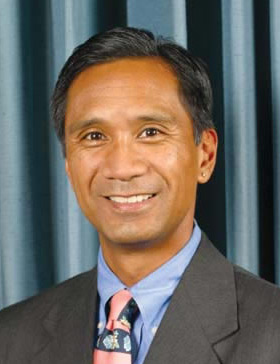How to Really Win the War on Terrorism
Friday, September 22, 2006
Forum 3:30–5:00 PM • Reception 5:00–6:00 PM
Dirksen Senate Office Building
Washington, D.C.
Featuring
Senior Fellow at The Independent Institute and author, Winning the Un-War: A New Strategy for the War on Terrorism
President, Good Harbor Consulting, LLC; Counter-Terrorism Analyst, NBC News
Senior Vice President for National Security and
International Policy, Center for American Progress
Defeating terrorism in the post-9/11 era requires more than strengthening homeland security against future attacks and dismantling the al Qaeda terrorist network, it also requires adopting a foreign policy that does not attract new terrorists. In Winning the Un-War: A New Strategy for the War on Terrorism, Charles Peña (Senior Fellow, Coalition for a Realistic Foreign Policy) argues that this approach requires the United States to restructure its military and end the Cold-War era commitments that distract us from defeating terrorists, as well as ameliorate the negative consequences of an interventionist U.S. foreign policy, which creates incentives and opportunities for terrorists to target the United States. Please join us as Charles Peña, Roger W. Cressey, and Joseph Cirincione discuss strategies for winning the war on terrorism.

Winning the Un-War
A New Strategy for the War on Terrorism
According to President Bush, “the American people are safer” as a result of invading Iraq. True, Saddam Hussein has been removed from power. But al Qaeda, the group that planned and carried out the attacks on September 11, remains at large. Meanwhile, the White House has conceded that Saddam Hussein had nothing to do with the attacks.
Charles Peña argues that the war in Iraq is but one misstep in the Bush administration’s “global war on terror.” Terrorism is simply a tactic, however, not an enemy. Trying to eradicate it is a quixotic quest that does not focus on those responsible for 9/11. Instead, the national security strategy should consist of three central elements: establishing homeland security against further attacks; dismantling the al Qaeda terrorist network; and enacting a foreign policy that does not attract new al Qaeda terrorists.









